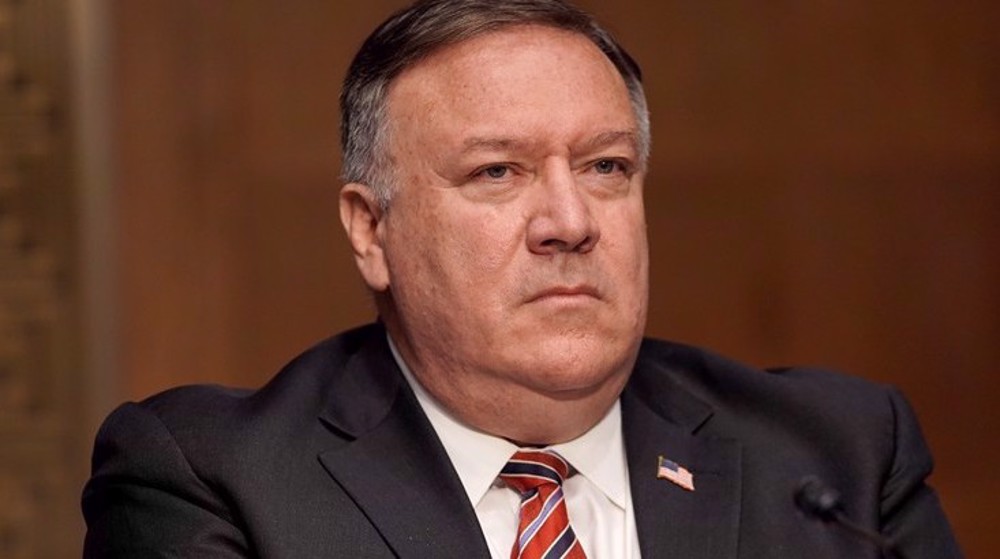‘Day of shame’ in Myanmar: Over 90 people are killed by police
In “the day of shame,” Myanmar’s security forces have shot and killed more than 90 people, including a child.
Witnesses said at least 29 people were killed in the second city of Mandalay on Saturday. The five-year-old boy was among the dead.
Yangon, the largest city, which has been a hotbed of protests, was another scene of bloodshed. Myanmar Now said at least 24 people were killed there.
Outside a police station in Yangon’s Dala suburb, security forces opened fire on protesters and killed four.
Three people, including a young man playing in a local under-21 football team, were shot to death in Insein district.
There were also deaths reported in the central region of Sagaing, Lashio in the east, in Bago region, near Yangon, and elsewhere.
Nationwide, at least 91 fatalities were registered.
The military had warned that protesters risked being shot in the head or back if the public display of rage was not to end.
In an address in the state television, the military, celebrating the Armed Forces Day, said protesters were “in danger of getting shot to the head and back.”
Sasa, a spokesman for the anti-junta group CRPH, said it was “a day of shame for the armed forces.”
“The military generals are celebrating Armed Forces Day after they just killed more than 300 innocent civilians.”
Myanmar has been convulsed by mass protests since the military ousted de facto leader Aung San Suu Kyi on February 1, and arrested her and several other political leaders over election fraud allegations.
More than 400 people have been killed ever since, according to a Reuters tally.
Suu Kyi faces several criminal charges, including violating coronavirus restrictions by staging a campaign event in 2020. She is also being investigated for corruption allegations. If convicted, she could be permanently barred from political office.
The international community has repeatedly called for the restoration of civilian rule.
The European Union’s delegation in Myanmar has said the 76th anniversary of armed forces “will stay engraved as a day of terror and dishonor.”
“The killing of unarmed civilians, including children, are indefensible acts.”
The junta remains intransigent in the face of global outcry.
Coup leader General Min Aung Hlaing said on Saturday, “Violent acts that affect stability and security in order to make demands are inappropriate.”
The army “seeks to join hands with the entire nation to safeguard democracy,” he added.
The general said the army had to seize power because of “unlawful acts” by Suu Kyi and her political party.
On Thursday, the United States and Britain imposed sanctions on conglomerates controlled by Myanmar’s military, with Washington calling the move a response to “abhorrent violence and abuses.”
The White House has already described the killings in Myanmar as “ethnic cleansing.”
The UK imposed similar sanctions on Myanmar Economic Holdings Public Company Ltd (MEHL), citing the military’s serious human rights violations against the Rohingya Muslims.
Between November 2016 and August 2017, thousands of Rohingya Muslims were killed, injured, arbitrarily arrested, or raped by Myanmar’s soldiers and Buddhist mobs.
In the final days of the administration of former President Donald Trump of the United States, some US officials urged outgoing Secretary of State Mike Pompeo to formally declare as “genocide” the military’s campaign against the Rohingya.
Pompeo never made that call.
Less than two weeks after he left office, Myanmar’s generals seized power.
“Maybe (the coup) would have happened anyways, but I think it would have at least been a significant weight in the direction towards prevention and deterrence,” said Morse Tan, head of the Office of Global Criminal Justice at the US State Department.
Pompeo had the sole authority to make a “genocide” determination. Tan said the secretary never explained why he declined to do so.
American warplane downed after Yemeni attacks 'baffled' US air defense: Ansarullah
VIDEO | Yemenis praise the military for its successful operations against Israel
VIDEO | Israel continues to bomb Gaza homes
VIDEO | An insider's view of the country: Meybod City in Yazd
‘All wars have rules. All of those rules have been broken’ by Israel
VIDEO | Report flags India’s violation of rights of Rohingya detainees
Turkey's foreign minister meets Syria's de facto leader in Damascus
VIDEO | US Syria plots













 This makes it easy to access the Press TV website
This makes it easy to access the Press TV website